It’s a clear day at Bremerton High School on Washington State’s Kitsap Peninsula. Down by the athletic field, surrounded by a rust-red track and rows of bright blue bleachers, you can see the smoky outlines of the Olympic Mountains to the west. And standing on the gridiron, tossing footballs to teenage players, one man is warming up for redemption.
Joe Kennedy—also known as the “praying coach”—is back as an assistant coach for the first time since the Supreme Court ruled that the Bremerton School District in Kitsap County had violated his religious freedom.
Kennedy had been praying on the 50-yard line after every game for seven years—first on his own, later surrounded by players—when suddenly the school told him to stop in 2015. After he refused, he was put on leave. That’s when he sued, sparking an epic legal battle that finally ended in 2022 with his 6–3 Supreme Court win. The Bremerton School District also awarded Kennedy a $1.7 million settlement and gave him back his old job one year after the ruling.
All the publicity has turned Kennedy into a minor celebrity, with a YouTube mini-documentary currently out, an autobiography—Average Joe—publishing in October, and a feature film now in production. Tonight, on September 1, his first return game—against Mount Douglas Secondary School of Saanich, British Columbia—is expected to attract 5,000 people, not to mention others across the country who have signed up to (virtually) “commit to take a knee in prayer with Coach Kennedy.”
Wearing black sneakers, gray shorts, a royal blue Bremerton Knights sports shirt, and a cross around his neck that says simply “Coach,” Kennedy, 54, shrugs off the idea that his case has made history.
“I am probably just a footnote. Americans, their memories are short-lived,” he told me.
But he admits the decision is a big deal for people of faith in this country.
“The way the Supreme Court ruled gives all Americans—not just the ones here in Bremerton—but across Washington and across the United States a huge win for religious liberty,” he added.
“That’s all religious liberty, not just Christians. This applies to Jews and Muslims, you name it. Pick a group, they all have the exact same freedom as I do now, and they can do that in the public square.”
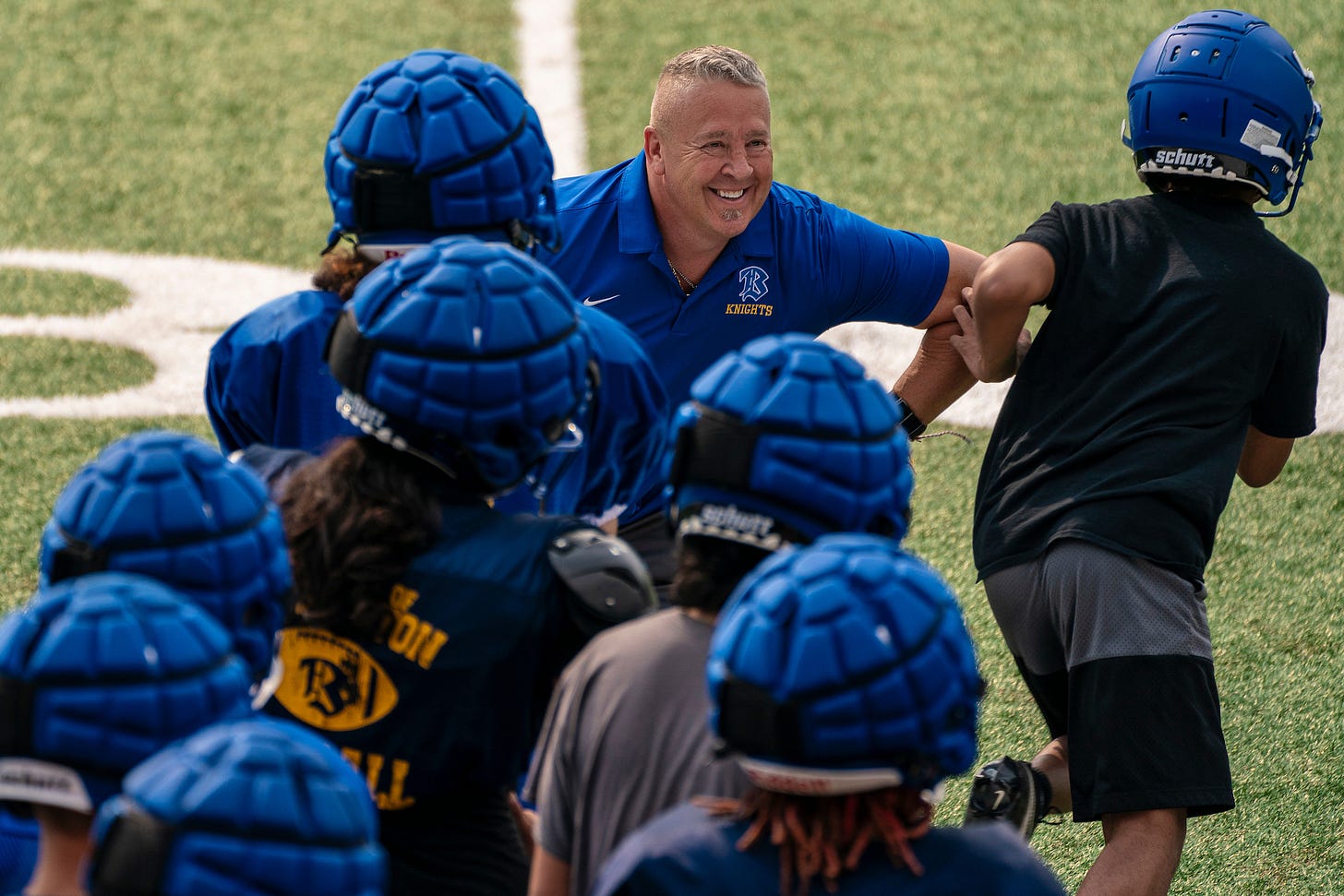
But the school hasn’t offered Kennedy a complete reset. While in the past, players on both sides voluntarily worshipped alongside the coach on the field, this year, the Bremerton School District has put in place a new policy mandating that all students must stay 25 feet away when he kneels to pray. No spectators will be allowed on the field either.
Kennedy is already agitating over the new rules.
“It’s like a bubble—they are trying to keep people away from prayer and me from everybody else,” he told me. “I am not abiding by that.”
Kennedy is used to fighting. He grew up in blue-collar Bremerton (“a low-budget town,” he quips) before serving 20 years in the U.S. Marine Corps and retiring in 2006. He’d always been religious, so after he was appointed an assistant coach at Bremerton in 2008, he started walking onto the 50-yard line after each game, sinking to one knee, and “giving thanks” for typically no more than 30 seconds.
Soon, his players were asking to join. They, in turn, invited players from opposing teams. Kennedy has always insisted that he never coerced any players into joining him on the field.
“I’ve had 60 kids per team,” he told me in a past interview. “If anyone felt pressured, no one ever said that.”
It wasn’t until September 2015 when the school district finally got wind of the prayer sessions, after an opposing coach congratulated Bremerton’s principal for allowing such a public display of faith.
Fearing they’d be seen as endorsing in-school prayer and “exposing the District to significant risk of liability,” as a letter by then-superintendent Aaron Leavell stated, school officials ordered Kennedy to pray elsewhere. A curtained-off spot in the press box and a room hundreds of feet away in the school building were offered as possibilities.
That’s when Kennedy called the First Liberty Institute, a legal powerhouse out of Plano, Texas, which told him he had a constitutional right to express his religion.
And so, the praying coach refused to stop praying.
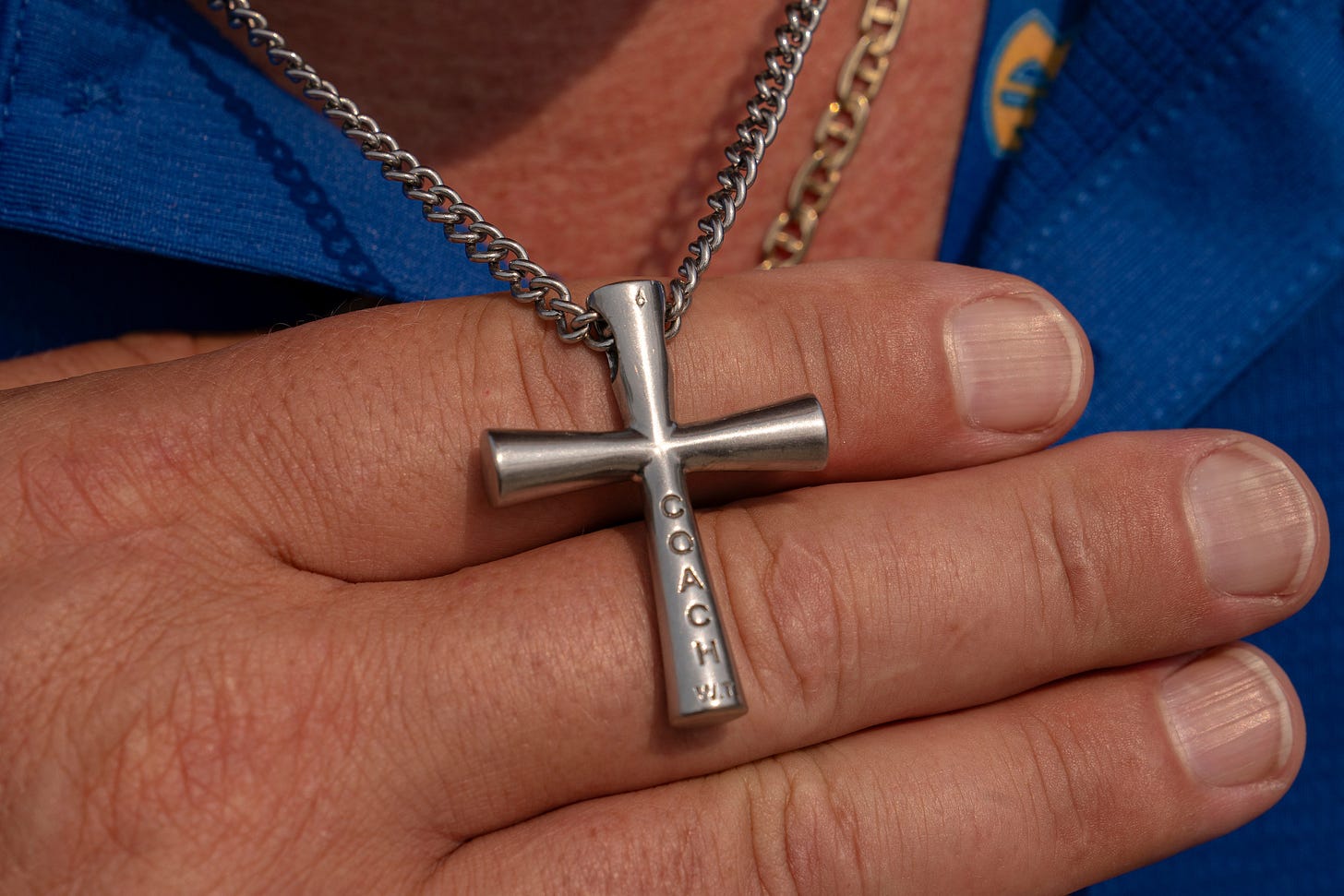
At the same time, local TV crews got wind of the controversy and began showing up at the games. So did a local state rep. So did a group of Satanists, who briefly showed up outside the fence encircling the stadium. A crowd of students climbed the fence, tossed liquid at the black-robed protesters and chanted “Jesus” at them until they left.
Each time Kennedy knelt on the field to pray during three home games in October 2015, more players and members of the public crowded around him in support, at one point knocking down students in their rush to hit the field. Finally, the district put its foot down. They told Kennedy to stop. And when he refused again, he was put on paid administrative leave on October 28.
By then, his story was national news. Many Americans, including 47 members of Congress who sent a letter of support to the district on his behalf, felt Kennedy’s punishment didn’t fit the crime.
That December, Kennedy filed an Equal Employment Opportunity Commission complaint against the school district, and the following year, he sued, saying it had infringed upon his First Amendment rights.
Suddenly, Kennedy’s cause was no longer just about religion, but free expression, and it intersected with the much more visible case of Colin Kaepernick.
In September 2016, Kaepernick, the San Francisco 49ers’ quarterback, started kneeling during the national anthem to protest racism and police brutality.
Just as Kennedy proved divisive, so too did Kaepernick. Just as Kennedy was pushing back against an encroaching illiberalism on the left, Kaepernick was pushing back against the illiberalism of the right. Even though the two came from wildly different backgrounds with polar opposite worldviews, they were aligned in this respect. Their fight was that of the individual insisting on being heard—even if the crowd didn’t want to listen. It’s a parallel that Kennedy himself acknowledges, albeit begrudgingly.
“I support his right,” Kennedy said of Kaepernick. “But that doesn’t mean I like it.”
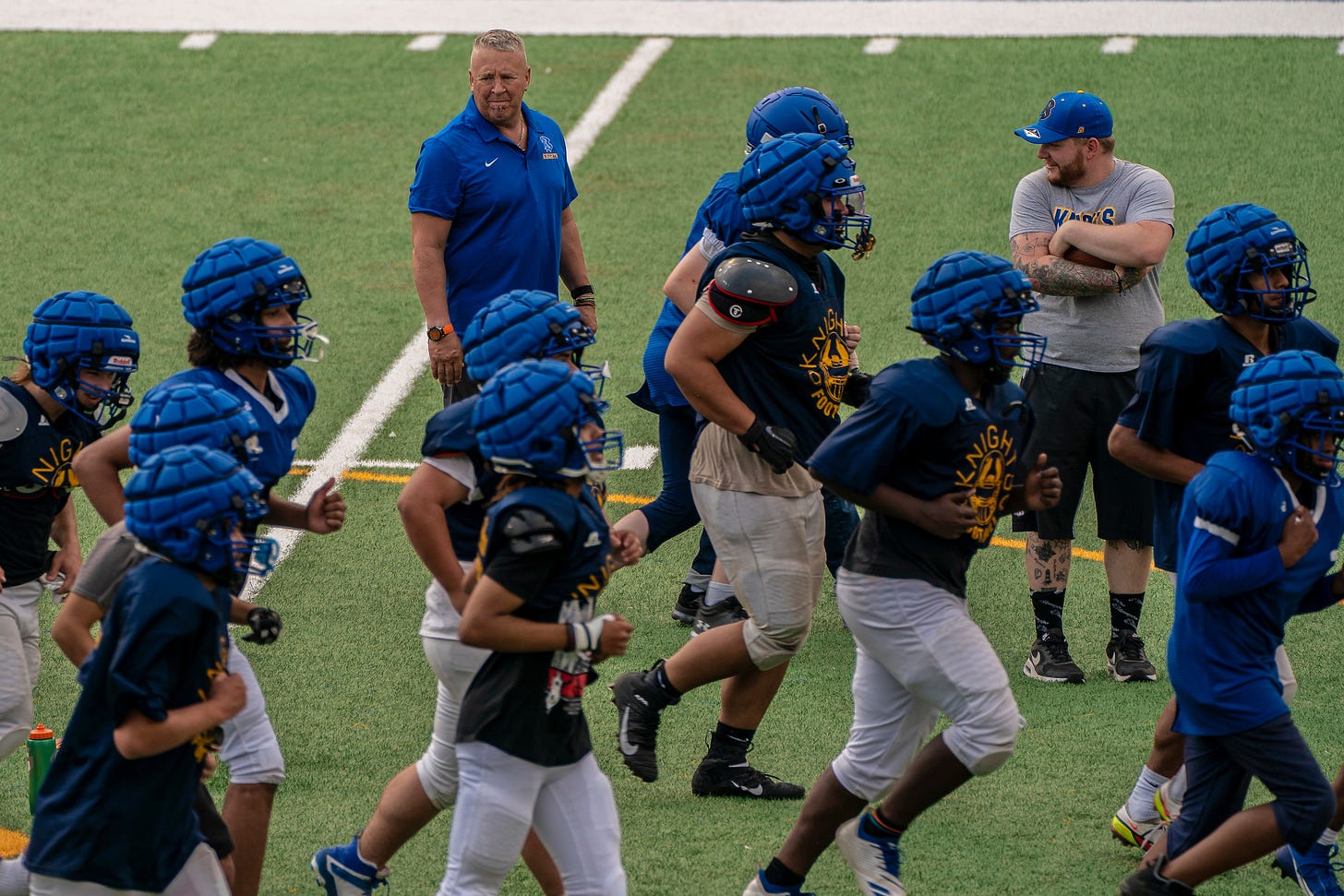
Lori Windham, senior counsel for the Becket Fund for Religious Liberty, a nonprofit law firm in Washington, D.C. that protects free expression of religion, noted that even though both men were kneeling, Kaepernick’s actions were seen as a more acceptable expression of the First Amendment than Kennedy’s.
“One of the big problems in this case is that kneeling in prayer was seen as coercive, but other expressions—a high five, a political protest—were seen as okay,” she said.
“Religious freedom means you’ll see other peoples’ religious expression. The Bremerton School District didn’t seem to think people had that right. In the past, religious speech was treated as uniquely dangerous and school officials thought they’d be sued if they allowed it. It was treated as asbestos; something from a past era you needed to cover up.
“People need to be able to express their religion at work without getting punished, including kneeling in prayer after a game. When there’s free speech, you’re going to see things you disagree with.”
Kennedy’s lawsuit—Kennedy v. Bremerton School District—bounced among various courts for years. In the meantime, Kennedy and his wife, Denise, were faced with a family emergency. Her elderly father in Pensacola, Florida, was seriously ill, so the couple sold their home in nearby Port Orchard in 2020 and bought one in the Sunshine State, where they now live. Kennedy has temporarily relocated back to Bremerton for the 2023 season, bunking with family and friends for the next few months and keeping a low profile. “I haven’t been out in town at all,” he told me.
He has also left his church—Newlife South Kitsap in Port Orchard—chiefly because then-school superintendent Leavell also attended the congregation.
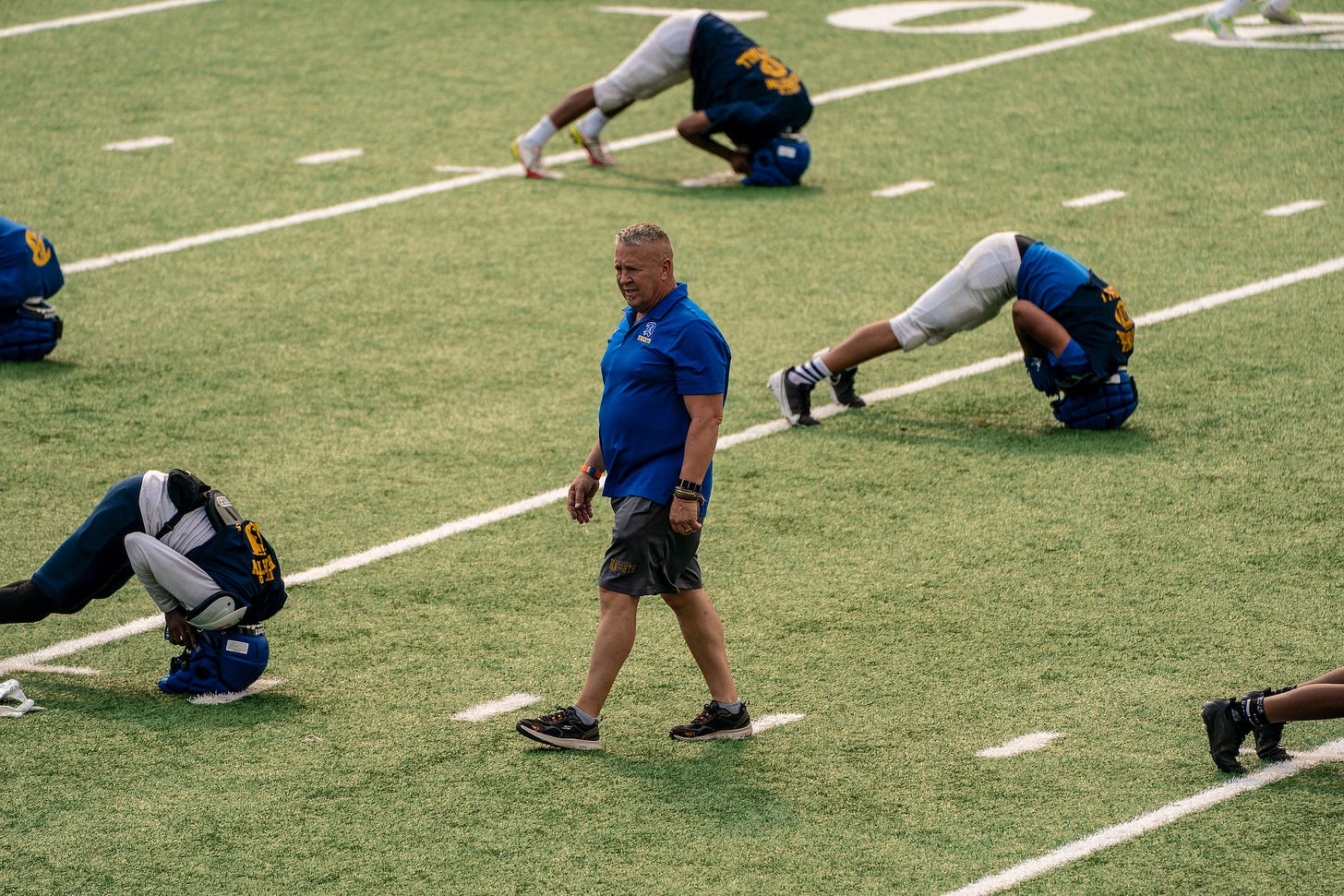
The pastors at the church “kind of distanced themselves from the very beginning,” Kennedy said. They met with Kennedy and Leavell separately “and asked if we could get along and work this out. They didn’t want to choose sides.”
Though Kennedy said he wasn’t fully supported by his church, he feels “bad” for Leavell and his kids, because “they were asked, ‘Why doesn’t your dad like praying?’ and ‘Why don’t they like Christians?’ ”
People, Kennedy said, “don’t understand this was a big political and Constitutional thing.”
Kennedy said he and his wife have been “spiritually homeless” since 2020.
“I don’t go to church a whole lot,” he admits.
(Requests for comment to Jonathan Stone, pastor of Newlife, and to Leavell, who has since moved to a new job, went unanswered.)
As Kennedy awaited a legal decision, he earned an MBA in aerospace defense from the University of Tennessee–Knoxville to give himself more career options. By the time the Supreme Court accepted his case in January 2022, eight current and former NFL players had filed a brief on his behalf.
Led by quarterback Nick Foles, who drove the Philadelphia Eagles to their first-ever Super Bowl victory in 2017, the players stated they had exercised their “constitutional right to pray before, during, and after games” in high school or college and they “can testify firsthand to the power of prayer—in generating gratitude for the opportunity to play, promoting high ideals of sportsmanship, protecting the safety of those who take the field, bridging personal, political, and racial divides among players, and ultimately in glorifying God.”
Finally, on June 27, 2022, in an opinion written by Justice Neil Gorsuch, the high court said “the Constitution neither mandates nor tolerates” the kind of discrimination shown by the Bremerton School District.
Kennedy’s lawyers had successfully argued that his wish to pray privately in view of students does not violate the federal ruling against school-sponsored prayer. Rather, the judgment upholds the right of public employees to exercise their faith through private acts of religious activity on the job.
After I emailed and called school officials for comment, I was sent a set of media guidelines, which included a statement that the district “will fully comply with the court’s order to treat Mr. Kennedy’s personal religious conduct the same way the district treats all other personal conduct by coaches at football games.”
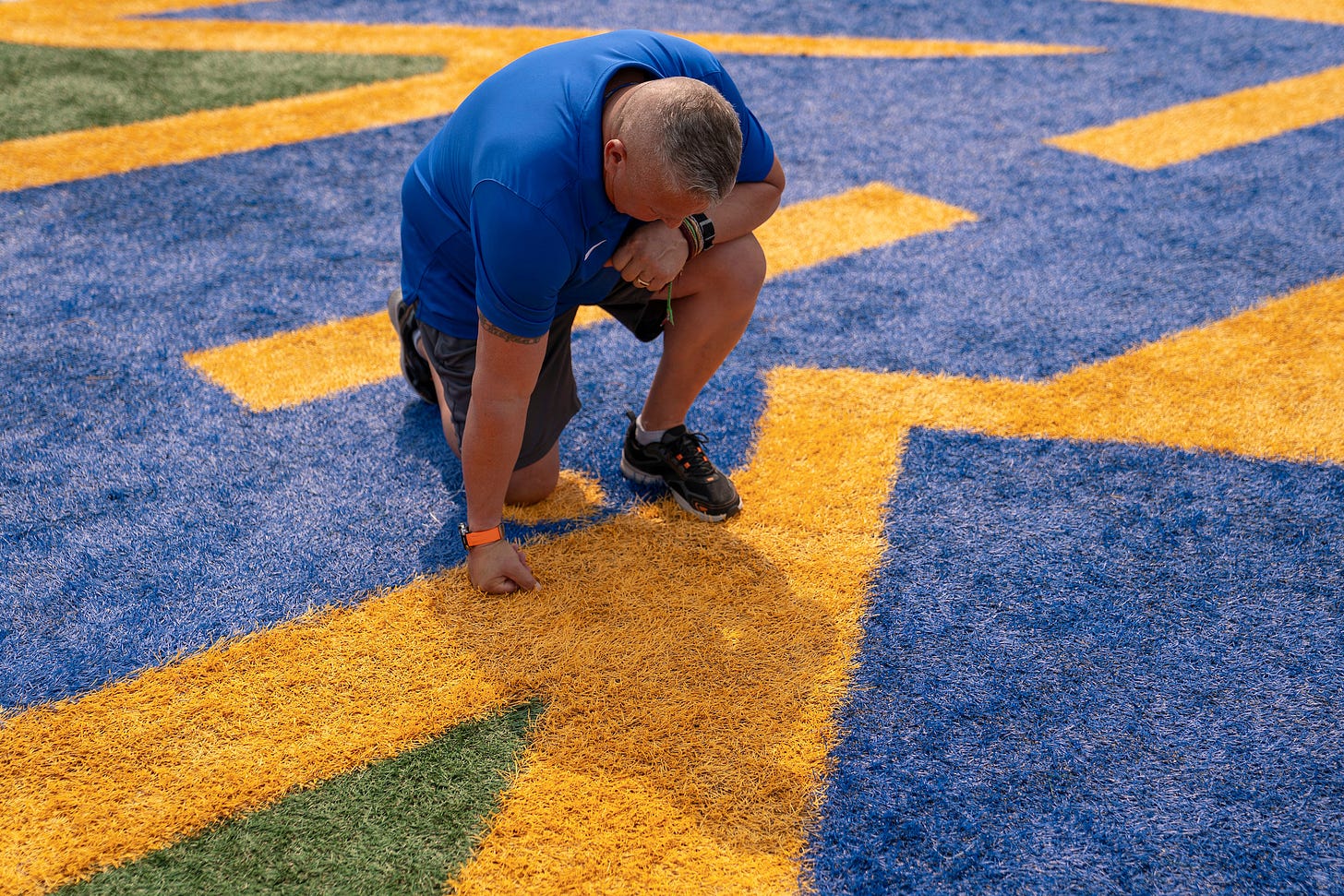
Today, Kennedy’s scrub-brush hair is grayer, there are more wrinkles on his face, and he has gained 50 pounds, which he said he hopes to work off.
Being back on the football field “is really weird,” he says. “I don’t talk to the kids about anything [to do with the case]. Some come up and say, ‘You did the right thing, Coach,’ or ‘That was awesome.’ ”
He said he initially noticed a chill among the staff. “The coaches were pretty standoffish at first,” he said, “but as I introduced myself, they warmed up. We have one thing in mind: the young men.”
Although Kennedy and his wife have three children and two grandchildren in the area, he’s vague about moving back. His final negotiated settlement amount of $1.7 million is a long way from the $5.5 million in legal fees First Liberty originally demanded from the school district. Kennedy said he agreed to settle for less to save the district money, even though he didn’t get a penny, not even back pay (his salary at Bremerton is now $5,304 a year).
Still, “it wasn’t about that,” he said. “It had to do with the First Amendment and the Constitution.”
Has he lost money?
“Oh, yeah,” he replied. “Flying up here is not cheap. Going to court so many times; it’s been tough. But we’re making it. There are a lot of gracious people in the world who have helped out.” Fees from speaking engagements have been a real help, he added, and of course there’s revenue from the book and the movie to come.
But ultimately, his victory isn’t about fame or money or revenge or even vindication. It’s about being back with his team for the season opener, and at the end of the game, being able to kneel down in prayer and express his gratitude to God.
Tonight, Kennedy said, he’ll do what he’s always done—until he was forced to fight for the right to do it.
“When I feel the time is right, I’ll take the knee at the 50 and give thanks. I might have an emotional moment,” he said, before adding with a wink, “I may take more than 30 seconds.”
Julia Duin is a reporter based in Washington State. Read her last Free Press article, “Welcome to Dark Sky Country,” here. Follow her on Twitter (now X) @juliaduin.
And to support our mission of independent journalism, become a Free Press subscriber today:
Also: We’re hosting our first live debate on September 13 at the Ace Theatre in Los Angeles! Has the sexual revolution failed? Come argue about it and have a drink. We can’t wait to meet you in person. You can purchase tickets now at thefp.com/debates.







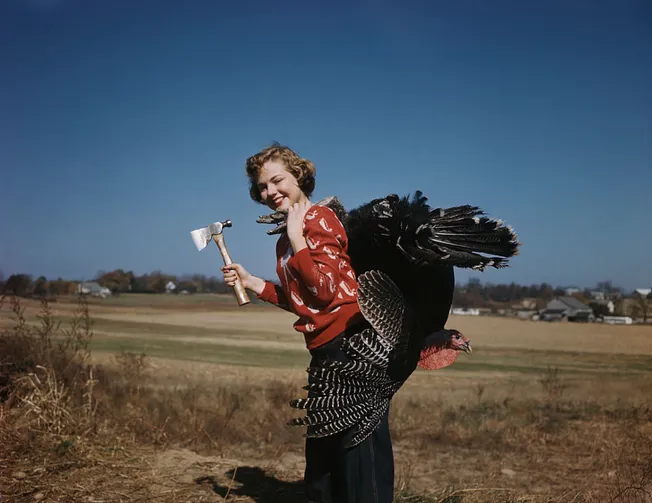
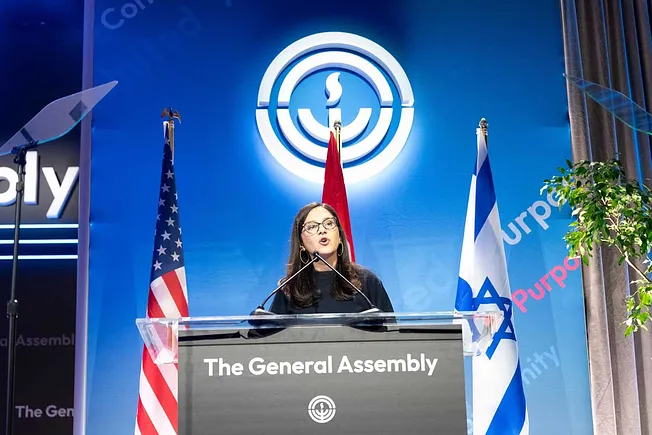
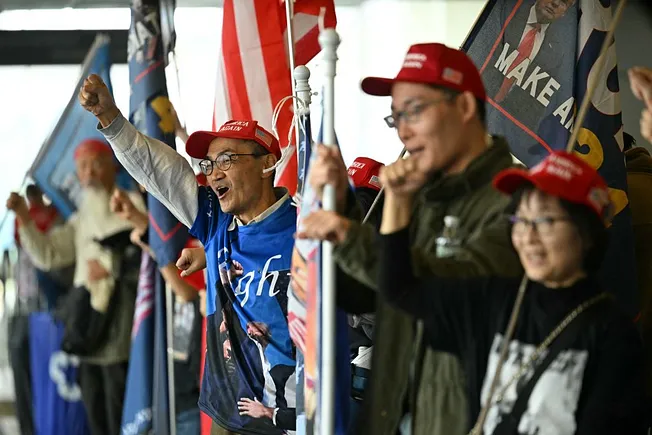
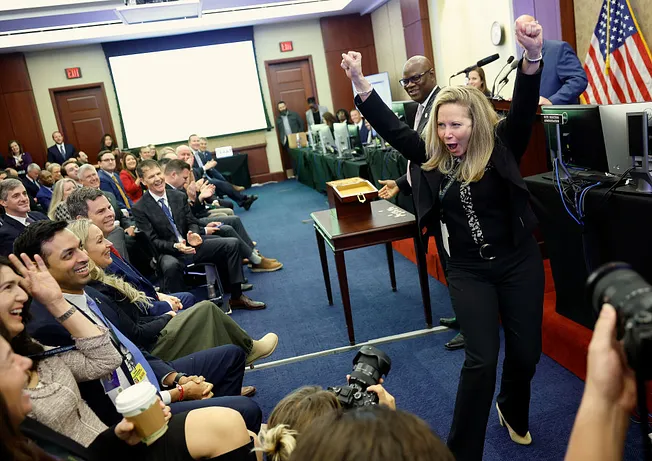
our Comments
Use common sense here: disagree, debate, but don't be a .